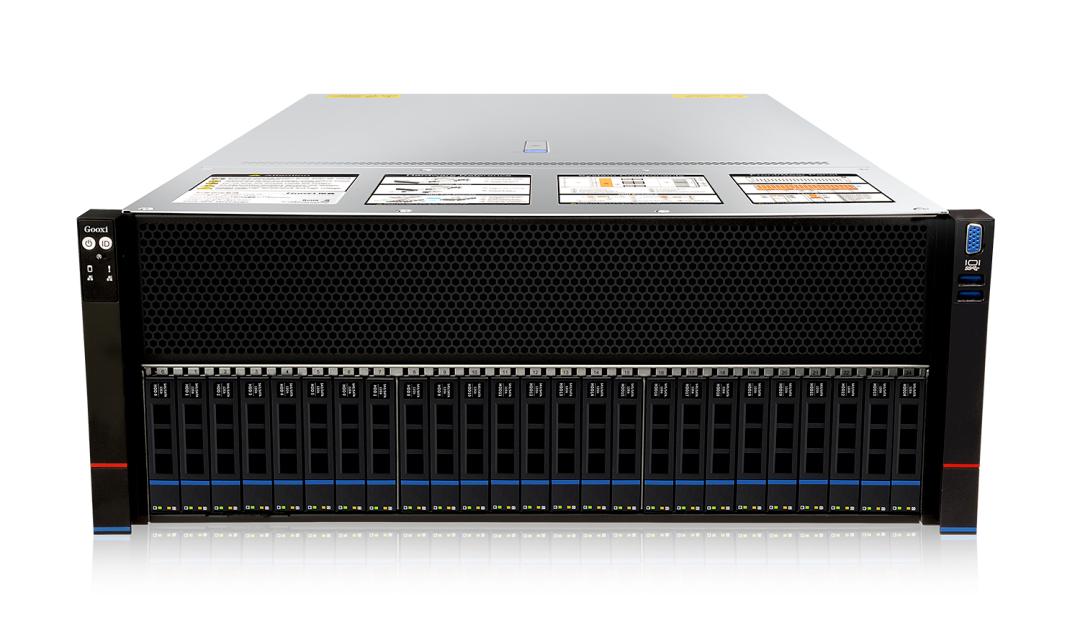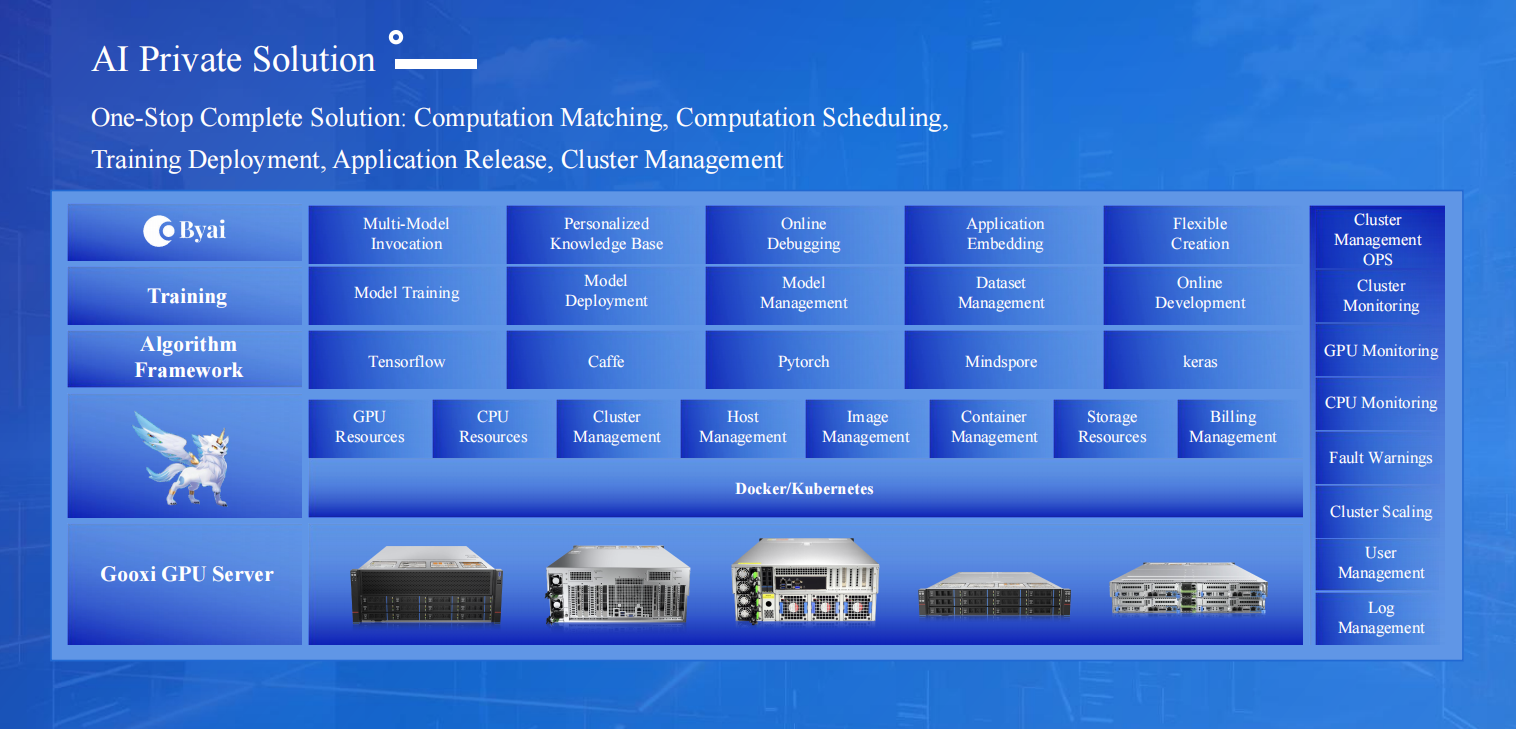Current location:
Home > News > Company News > Why Vertical Industry Models Are Gaining Market Favor?As we enter 2024, AI-generated content (AIGC) has profoundly impacted the new industrial revolution, extending its reach into everyday life. From route planning and shopping recommendations to autonomous driving and intelligent manufacturing, AI's influence is ubiquitous.

While AIGC's large models have rapidly advanced from technical development to real-world applications, they face increasing challenges in meeting specialized, personalized demands. Large models often struggle to deeply integrate with specific industries, leading to limited application scenarios, inconsistent outcomes, and a lack of high-quality training data. Additionally, the significant upfront investment required has deterred many cost-sensitive small and medium-sized enterprises (SMEs). These factors have driven a growing preference for high-performance, specialized vertical industry models.
But what advantages do vertical industry models offer compared to large models?
1. Smaller Scale and Lower Costs
Vertical industry models are smaller in scale, requiring less computational power and fewer resources than large models, which often demand the vast GPU clusters with significant costs. These smaller models are highly focused on specific fields, addressing key pain points with precision. Their compact size means lower hardware resource demands, easier deployment, and a lower barrier to entry. Whether in cloud or edge computing scenarios, these models operate efficiently.
2. Customization for Specific Needs
The primary goal of vertical models is to better meet customers' personalized needs. By optimizing and learning from industry-specific data, these models deliver more accurate and tailored solutions, addressing real-world business challenges. For instance, they can enhance supply chain management, improve customer service by reducing response times, or provide personalized consulting or higher-yield recommendations for business decisions.
3. Rapid Response and Agility
With fewer parameters and lower training costs, vertical models can quickly respond to market demands, adjusting and iterating as needed. This agility creates more business opportunities for enterprises, a level of responsiveness that large models often struggle to match.
Currently, vertical industry models are widely used across various sectors, with a notable focus on industries with higher willingness to pay, advanced digitalization, and significant commercial potential—such as finance, e-commerce, education, and healthcare. These fields are expected to be the most promising areas for the future development of vertical industry applications. Large enterprises like McDonald's, Unilever, and Walmart could potentially develop their exclusive models, driving greater business value.
Vertical industry models and large models are not mutually exclusive; they complement each other. General large models excel in text and language processing with broad applicability, while vertical models focus on specific industry needs. Experts suggest using large models for data labeling and training smaller models. This approach offers the benefits of vertical models while reducing hardware requirements and alleviating cost burdens for enterprises.
To support model training, Gooxi has introduced the Eagle Stream platform, a 4U 8-GPU AI server that supports one or two 4th or 5th generation Intel® Xeon® scalable processors, allowing up to 8 full-power 600W dual-width GPU cards. The platform supports various CPU-GPU direct connections and switch connection topologies, enabling full-speed communication between GPUs. In benchmark tests with llama2, the direct connection solution achieved an inference rate of ≥768Toks (70B@4090*8). It also supports multiple AI accelerator cards, catering to the training needs of various industries. The CPU-switch supports PCIe5.0x32 interconnect, providing high-bandwidth communication. Additionally, it offers multiple hard drive configurations, effectively meeting local data caching needs for model training.

Beyond hardware support, Gooxi offers complete one-stop industry solutions. The Gooxi AI private cloud solution integrates an AI development platform, AI acceleration software stack, resource orchestration, and scheduling, along with AI infrastructure covering computing, networking, and storage. This comprehensive solution enhances the efficiency and reliability of large model development, helping enterprises achieve digital transformation and intelligent upgrades.

In an increasingly competitive market, Gooxi is committed to being a reliable partner on the path to commercialization, encouraging businesses to bravely take the first step in building their exclusive models, embracing digital transformation, and opening a new chapter of intelligent growth.
Related recommendations
Learn more news
Leading Provider of Server Solutions


YouTube
